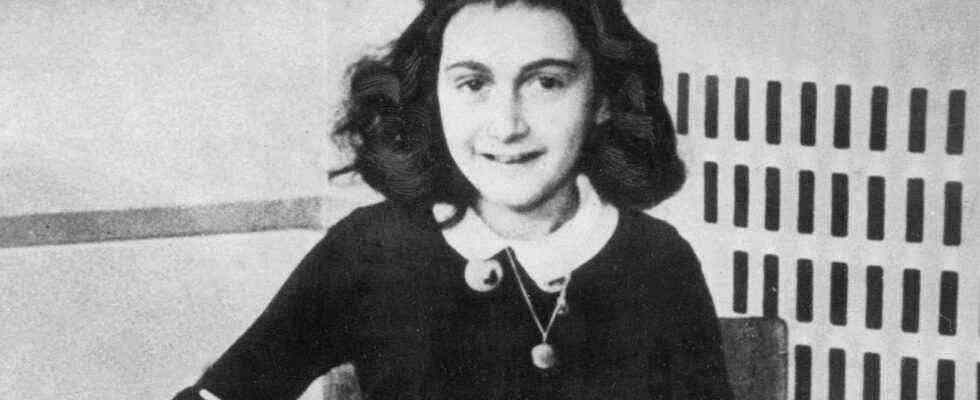One could have taken a “more critical stance” on the book, which claims that Anne Frank was betrayed by a Jew.
The Amsterdam publishing house, the the book about the alleged new findings on the betrayal of Anne Frank in the Netherlands has apologized for the publication. A “more critical attitude” to the work of Canadian author Rosemary Sullivan would have been possible, writes publisher Tanja Hendriks in an e-mail to the publisher’s authors, which was reported by the Dutch media on Monday. A second edition will not be printed for the time being. First of all, they want to wait for an answer from the investigation team “to questions that have arisen”. She offered an apology to anyone who felt offended by the book, it said. Experts had strongly criticized the research in the past few days. At the request of the SZ, Ambo Anthos said that no further comment would be made on the matter.
After several years of investigation, historians and criminologists from the USA and the Netherlands came to the conclusion that with high probability the Jewish notary Arnold van den Bergh was the one, who revealed the whereabouts of the Jewish girl Anne, her family and other people to the German occupiers in August 1944 – Prinsengracht 263. Anne Frank, her sister and her mother later died in German concentration camps, her father Otto survived.
Sullivan wrote a book about the research for the US publisher Harper Collins. It was released in several countries, January 18th in the Netherlands, as part of a major media campaign. Dutch newspapers and radio stations were contractually embargoed. An employee of Ambo Anthos could not tell the SZ how many copies were printed. Nor is there any plan to withdraw the first edition.
One of the investigators said there was no “smoking gun,” meaning no 100% proof that it was the Jew van den Bergh. But you have a “warm weapon with empty cartridges next to it”. Historians criticized precisely this point: the results were based far too heavily on assumptions. For example, that van den Bergh, as a prominent member of the Amsterdam “Judenrat” must have had lists with the addresses of people in hiding. That was “defamatory nonsense,” said historian Bart van der Boom, who is writing a book about the Judenrat, for broadcaster NOS. Yves Kugelmann from the Otto Frank Fund in Basel spoke to the SZ and called the results of the team a “the most brilliant conspiracy myths and most effective anti-Semitism boosters in a long time”.

